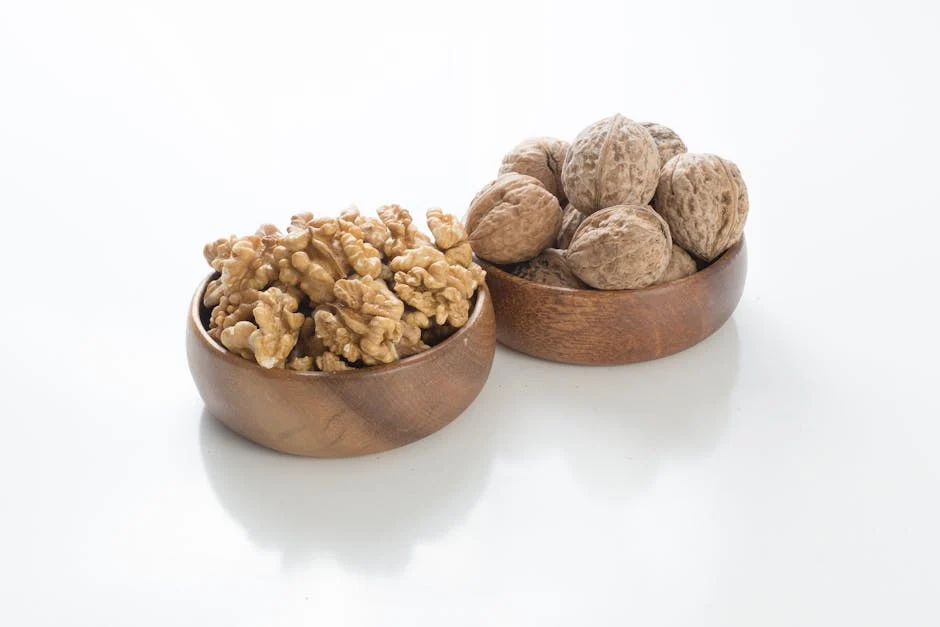Introduction
High cholesterol is a common health concern affecting millions worldwide. While medication can help manage cholesterol levels, many people are increasingly interested in natural approaches. The Paleo diet, with its focus on whole, unprocessed foods, offers a promising avenue for naturally lowering cholesterol. This article explores how the Paleo diet can contribute to improved cholesterol levels and overall heart health.
Can Paleo Help Lower Your Cholesterol?
The Paleo diet, also known as the caveman diet, centers around foods our hunter-gatherer ancestors supposedly ate. This includes lean meats, fish, fruits, vegetables, nuts, and seeds, while excluding grains, legumes, dairy, and processed foods. The rationale behind its cholesterol-lowering potential lies in its emphasis on nutrient-dense foods and the elimination of pro-inflammatory ingredients.
How Paleo Affects Cholesterol
The Paleo diet can influence cholesterol levels in several ways:
- Reduced Saturated Fat Intake: While Paleo isn’t necessarily a low-fat diet, it emphasizes lean meats and fish over processed foods often high in unhealthy saturated fats. Choosing leaner protein sources naturally lowers your saturated fat intake.
- Increased Fiber Consumption: Abundant in fruits and vegetables, the Paleo diet boosts dietary fiber. Fiber helps bind cholesterol in the digestive system, preventing its absorption into the bloodstream.
- Omega-3 Fatty Acids: Paleo encourages the consumption of fatty fish like salmon and mackerel, rich in omega-3 fatty acids. These fats have been shown to improve HDL (“good”) cholesterol and lower triglycerides, a type of blood fat.
- Elimination of Processed Foods: By cutting out processed foods, you automatically reduce your intake of trans fats, added sugars, and refined carbohydrates. These ingredients are known to negatively impact cholesterol levels.
- Weight Management: Many people experience weight loss on the Paleo diet, which can have a positive impact on cholesterol levels. Losing even a small amount of weight can significantly improve your lipid profile.
Foods to Embrace on a Paleo Diet for Cholesterol
To maximize the cholesterol-lowering benefits of Paleo, focus on these foods:
- Fatty Fish: Salmon, tuna, mackerel, and sardines are excellent sources of omega-3 fatty acids. Aim for at least two servings per week.
- Lean Meats: Choose grass-fed beef, poultry without skin, and other lean protein sources.
- Fruits and Vegetables: Load up on a wide variety of colorful fruits and vegetables. They are packed with fiber, vitamins, and antioxidants.
- Nuts and Seeds: Almonds, walnuts, chia seeds, and flaxseeds provide healthy fats, fiber, and plant sterols, which can help lower cholesterol.
- Olive Oil: Use extra virgin olive oil as your primary cooking oil. It’s a heart-healthy monounsaturated fat.
Potential Drawbacks and Considerations
While Paleo offers potential benefits for cholesterol, it’s important to consider these points:
- Sustainability: The restrictive nature of the Paleo diet may make it difficult for some people to maintain long-term.
- Nutrient Deficiencies: Carefully plan your meals to ensure you’re getting all the necessary nutrients, especially calcium and vitamin D, which are abundant in dairy.
- Individual Needs: Consult with a healthcare professional or registered dietitian before making significant dietary changes, especially if you have underlying health conditions or are taking medications.
- Cost: High-quality, grass-fed meats and organic produce can be more expensive.
Conclusion
The Paleo diet, with its emphasis on whole, unprocessed foods, can be a valuable tool for naturally lowering cholesterol and promoting heart health. By focusing on lean proteins, healthy fats, fruits, and vegetables, and eliminating processed foods, you can potentially improve your lipid profile and reduce your risk of cardiovascular disease. However, it’s crucial to approach the Paleo diet thoughtfully, considering its potential drawbacks and consulting with a healthcare professional to ensure it’s appropriate for your individual needs.
